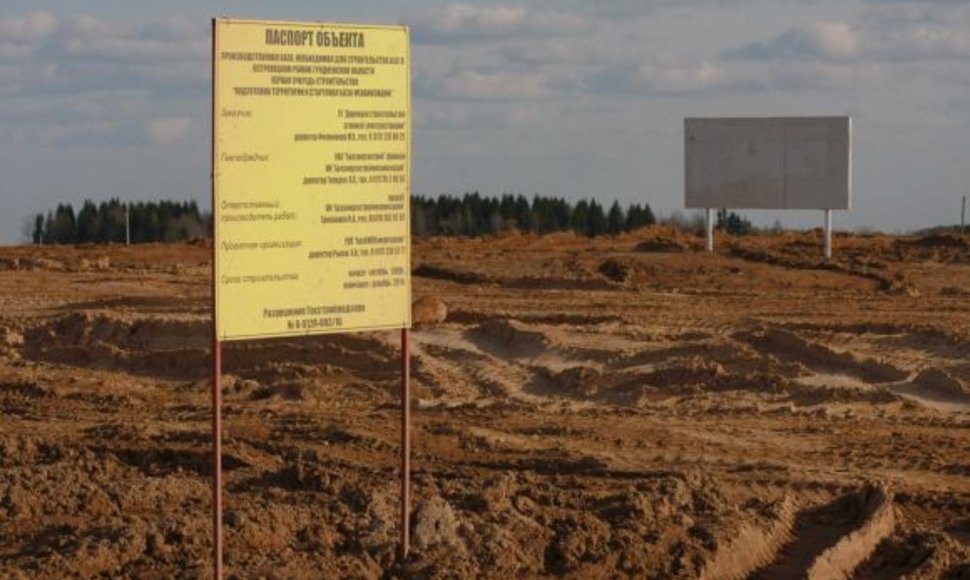“The Committee’s conclusions say that Belarus has violated the Espoo Convention’s requirements on the provision of information to the public in the neighboring country, on the distribution of environmental impact assessment (EIA) documentation to the other country for the submission of comments, on the content of documentation, on search for alternatives to proposed activity and on the final decision on eligibility of proposed activity,” Environment Minister, Valentinas Mazuronis, said in a press release.
Belarus was obliged to continue the environmental impact assessment procedures under the requirements of the Espoo Convention in order to provide answers to all of the questions put forward by Lithuania and to assess all comments, he said.
“Also, Belarus is obliged to take the final decision on the location of the nuclear power plant according to the requirements of the Espoo Convention, under which such a decision shall be based on the conclusions of environmental impact assessment documentation, results of bilateral consultations,” Mazuronis said.
Lithuania has been involved in the process of transboundary environmental impact assessment of Belarus’ Astravyets nuclear power plant since 2008.
Despite numerous official requests sent by Lithuania, its questions about compliance with nuclear safety standards and environmental requirements when implementing that projects had not been answered, the minister said.
Lithuania filed a complaint with the Espoo Convention Implementation Committee and the Espoo Convention Secretariat against alleged violations of the Convention by Belarus in June 2011. In March 2013, the Committee drafted its final conclusions, which should be approved at the meeting of the Parties to the Convention in June 2014.
Lithuania has repeatedly slammed Belarus for failure to ensure security while developing the project of Astravyets nuclear power facility, which is planned to be built at a distance of only 50 kilometers from Vilnius.












